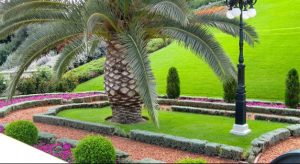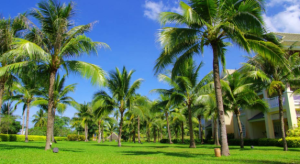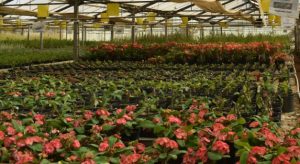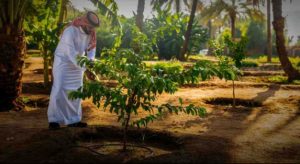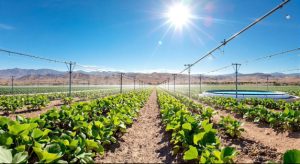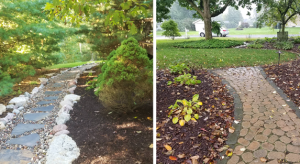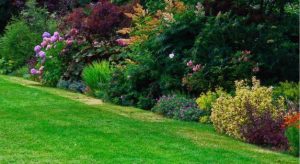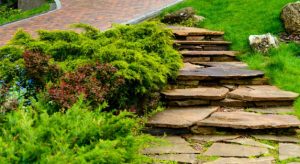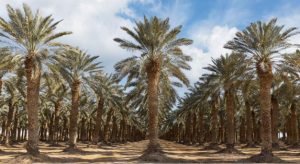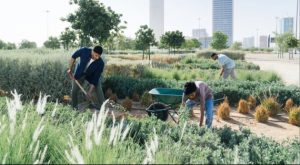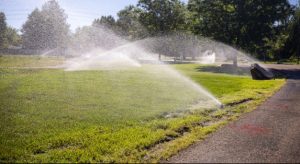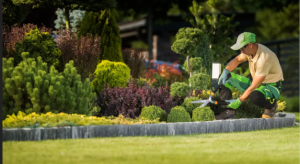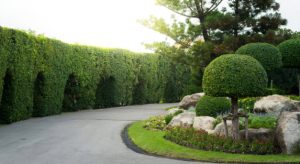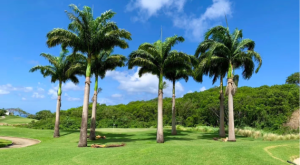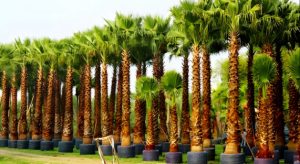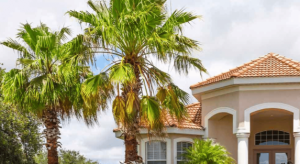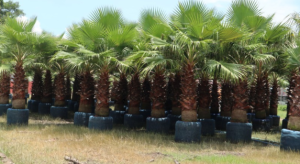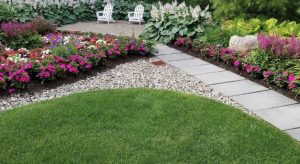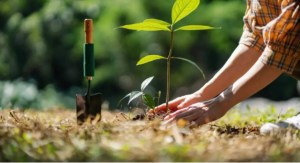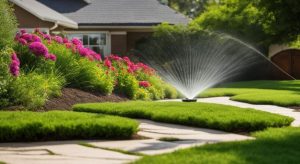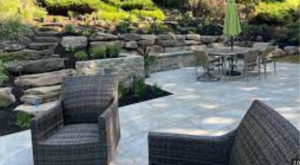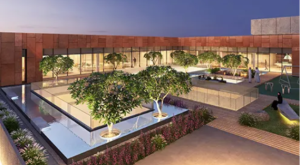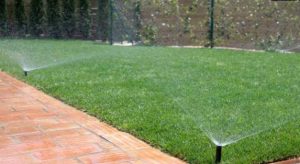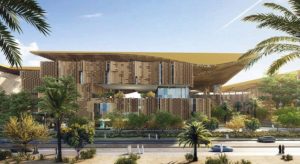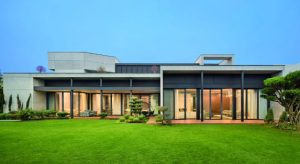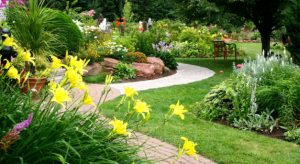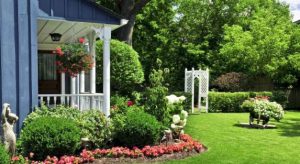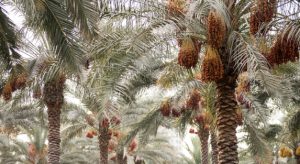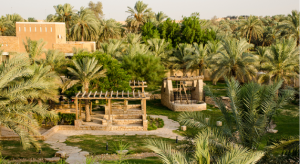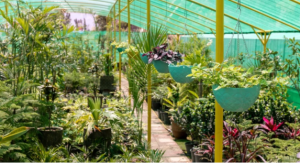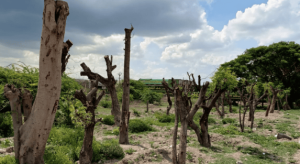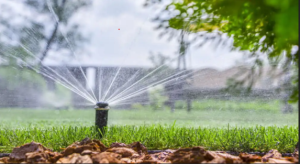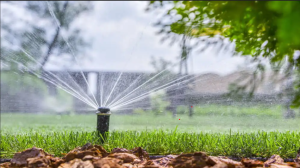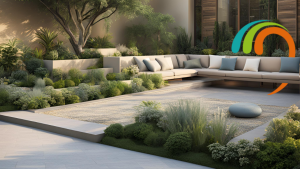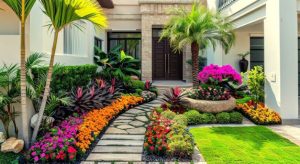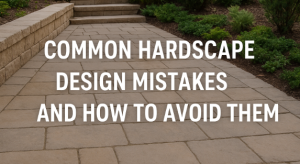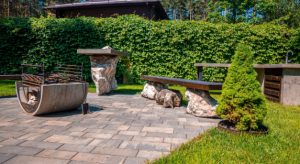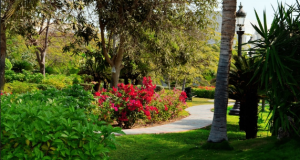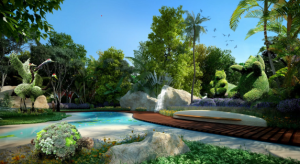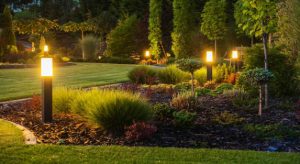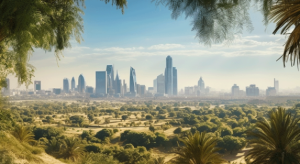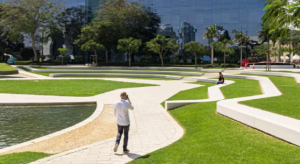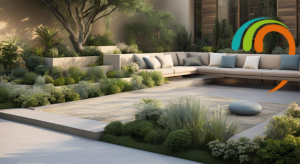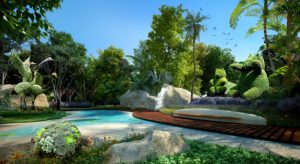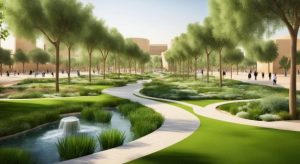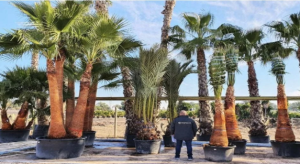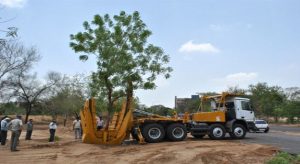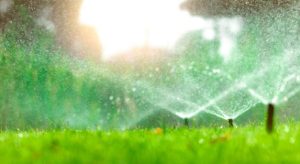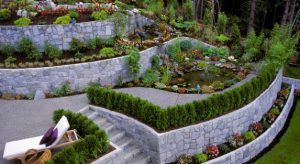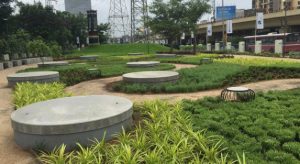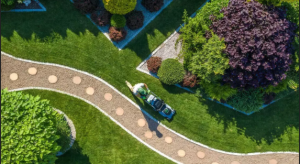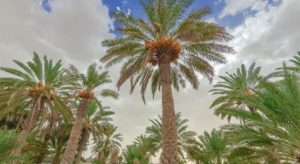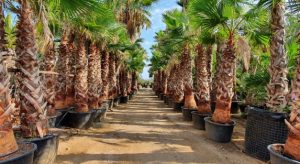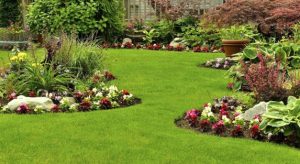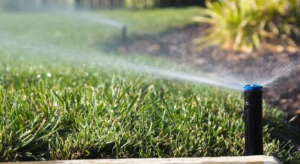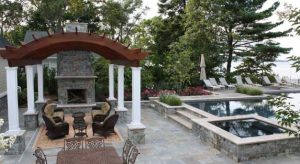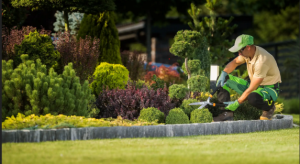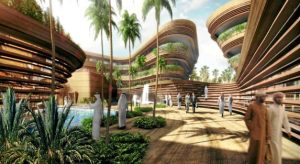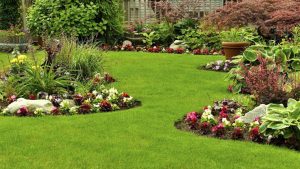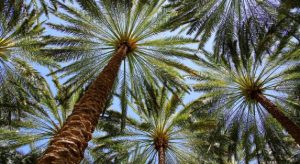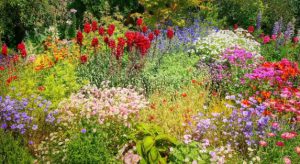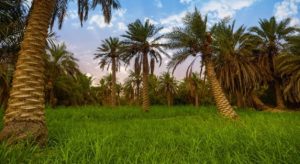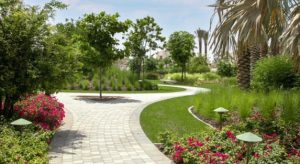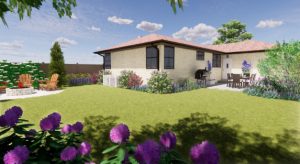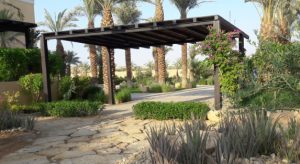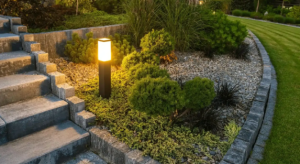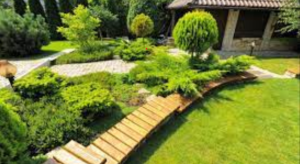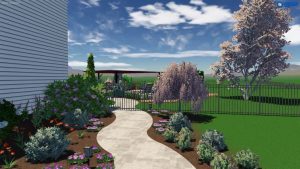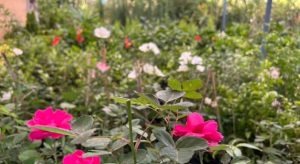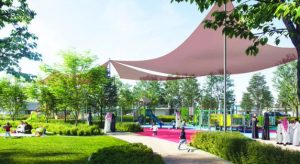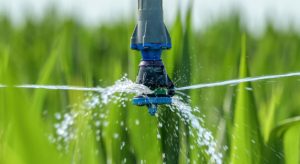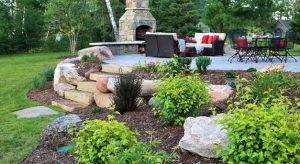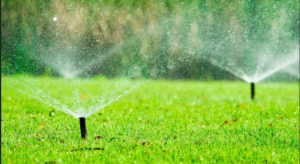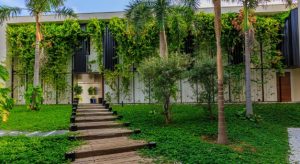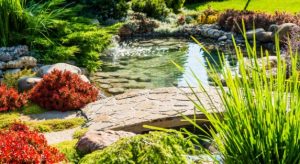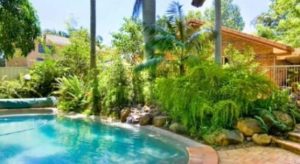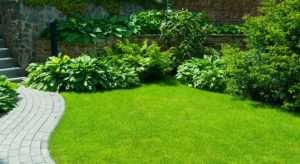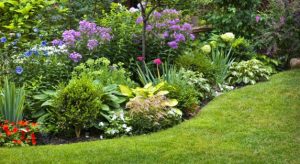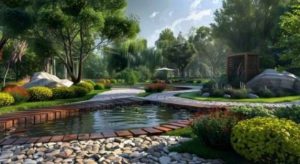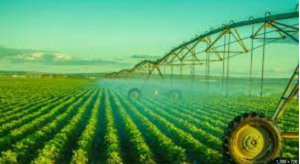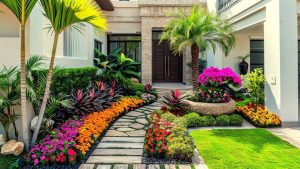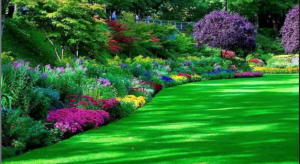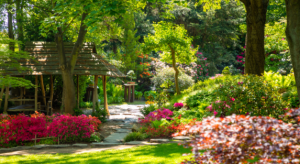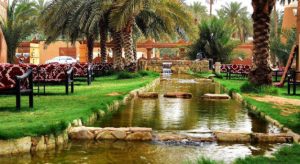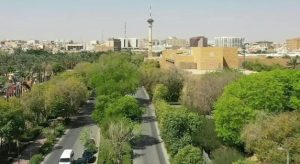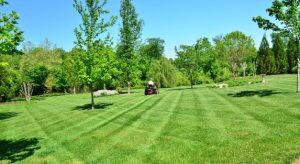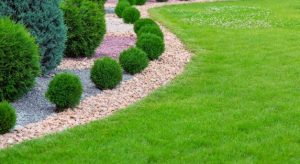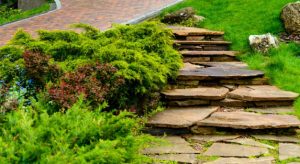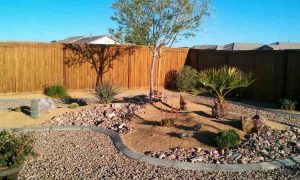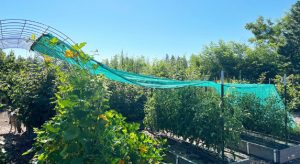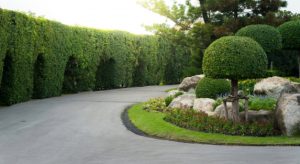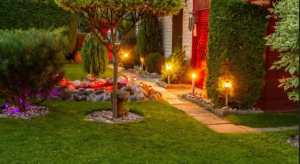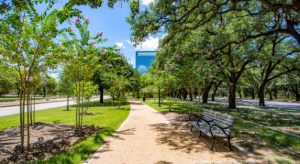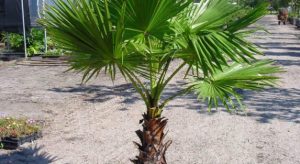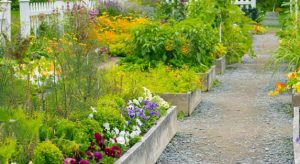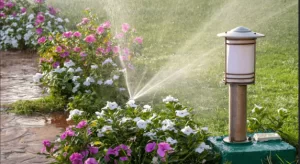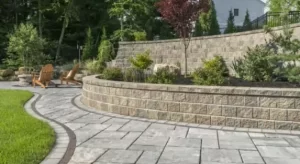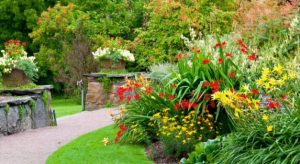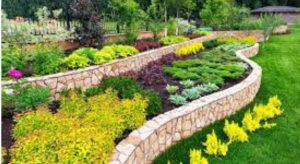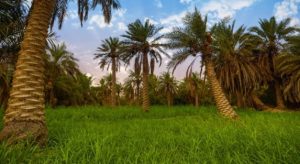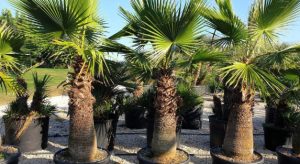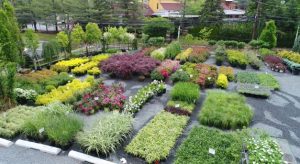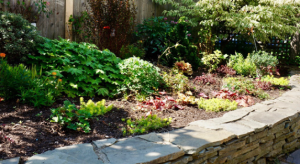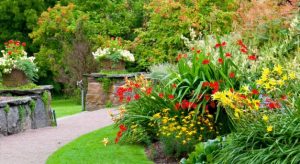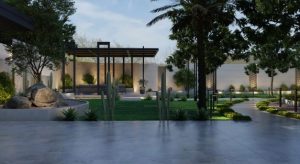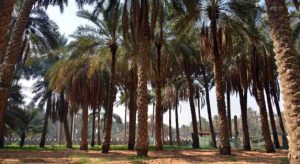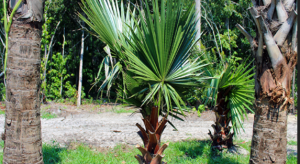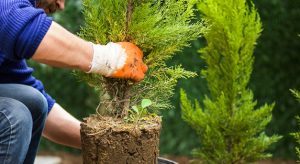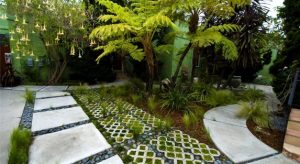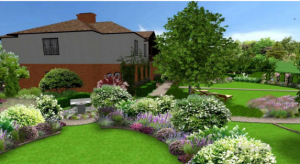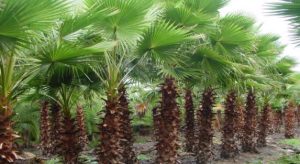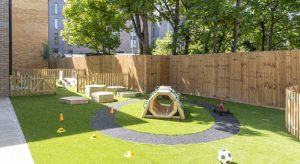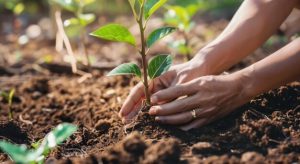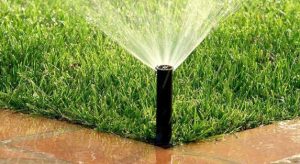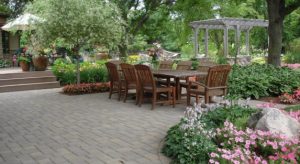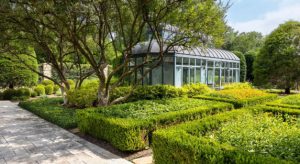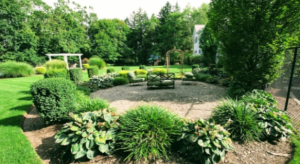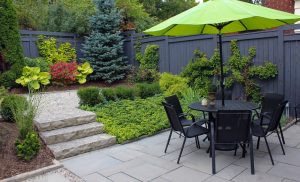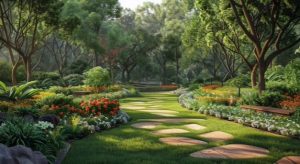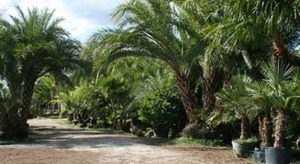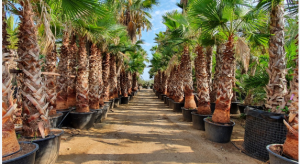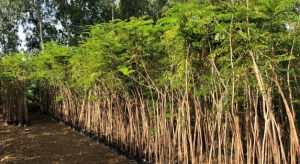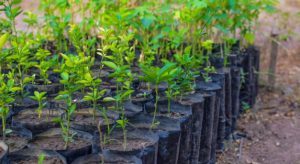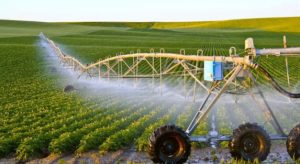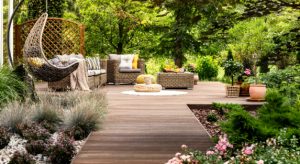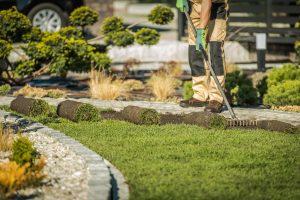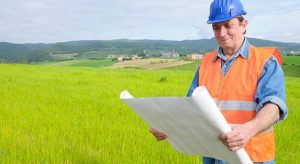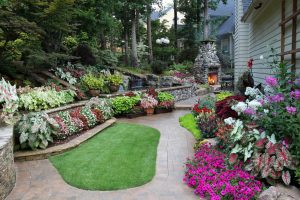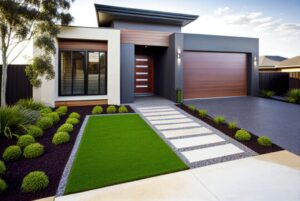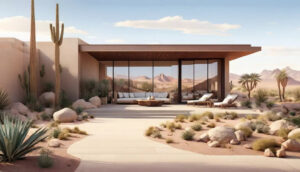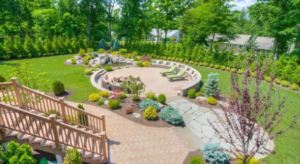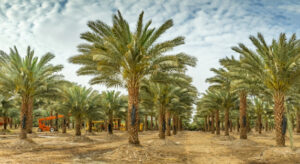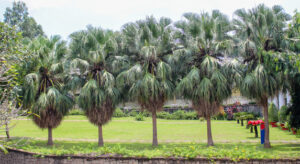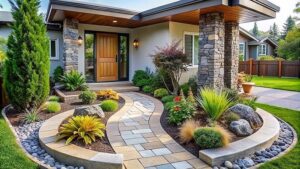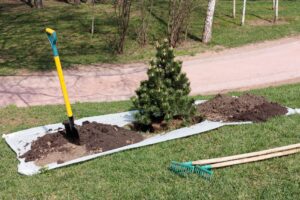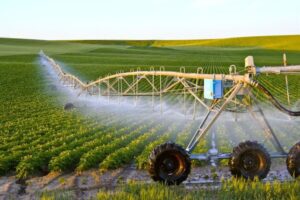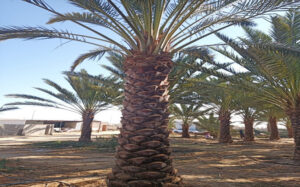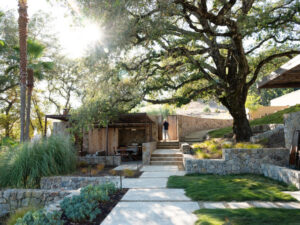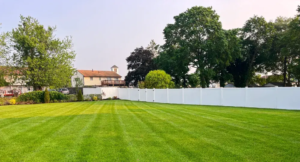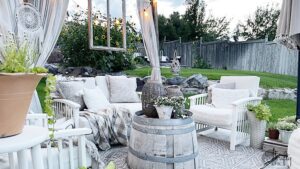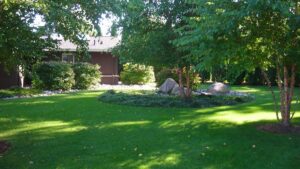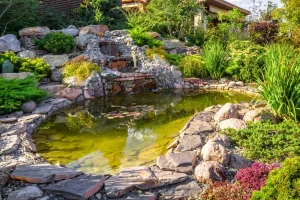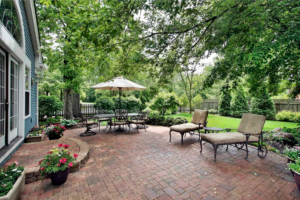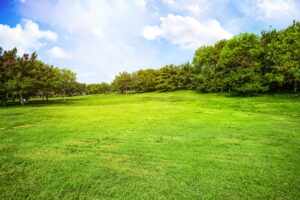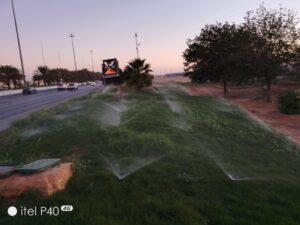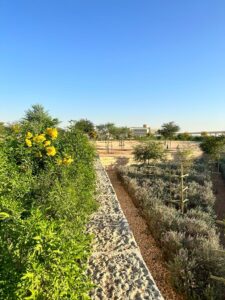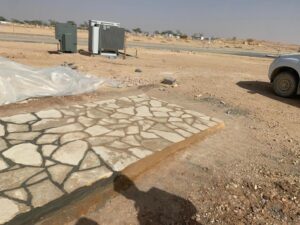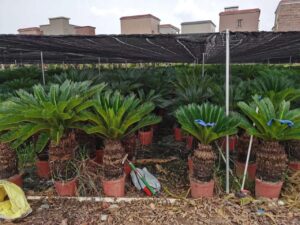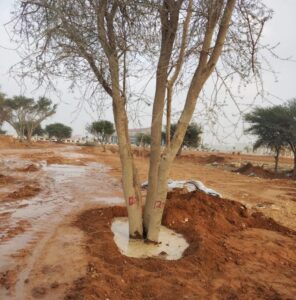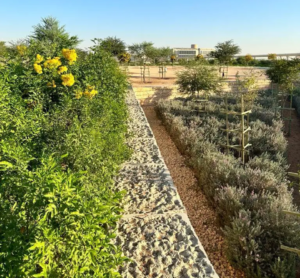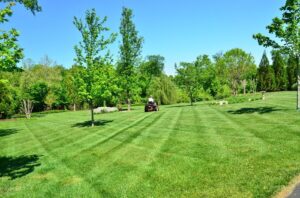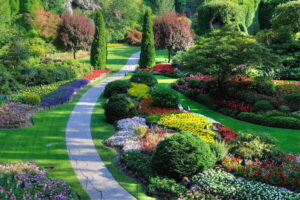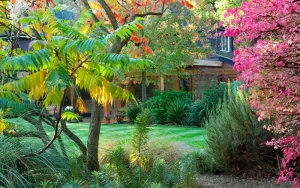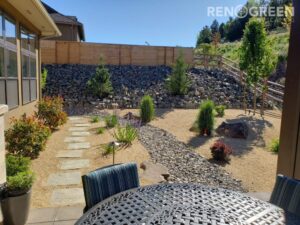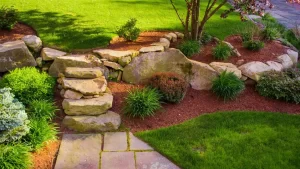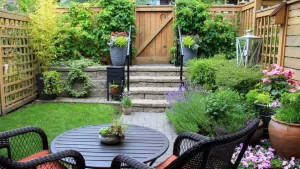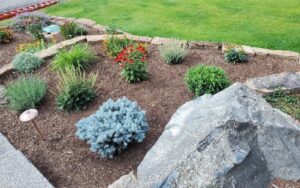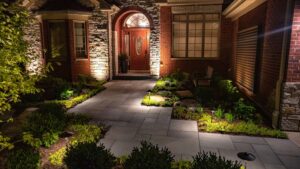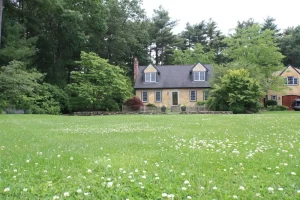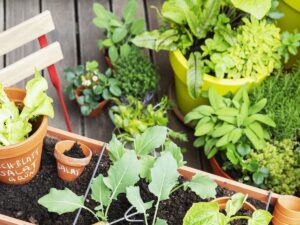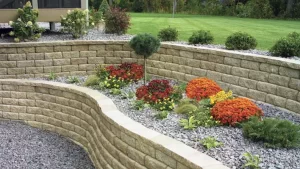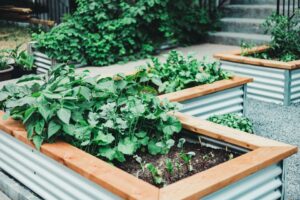How Landscaping Companies in Saudi Arabia Support Urban Development
8 September, 2025
Urban development in Saudi Arabia has experienced a monumental shift over the last few decades. With rapid modernization and the government’s ambitious Vision 2030 agenda, the Kingdom is striving to balance infrastructural advancements with sustainability and livability. In this transformative journey, landscaping companies in Saudi Arabia have emerged as crucial players. Their contributions extend beyond just beautifying urban areas—they actively support environmental sustainability, economic growth, and community well-being. Let’s take a closer look at how landscaping companies are shaping the future of Saudi cities.
The Role of Landscaping in Urban Development
Landscaping plays a pivotal role in shaping the character and functionality of urban environments. In Saudi Arabia, where extreme climatic conditions make urban planning challenging, landscaping companies have stepped up to design spaces that provide both visual appeal and practical solutions. Green belts, public parks, and landscaped walkways help cities reduce pollution levels, mitigate the effects of heat islands, and improve overall air quality. Moreover, landscaping adds a sense of identity and character to urban spaces, making them more inviting for residents and visitors alike. It’s not just about planting trees and laying grass; it’s about creating ecosystems that integrate with the city’s infrastructure. For instance, landscaped areas can act as stormwater management systems, preventing flooding in densely populated urban zones. By incorporating modern urban design practices, landscaping companies in Saudi Arabia are ensuring that development aligns with global standards of sustainable living, while still reflecting the cultural and environmental uniqueness of the region.
Creating Green Spaces for Communities
One of the most important contributions landscaping companies in Saudi Arabia provide is the creation of green, community-focused spaces. These areas serve as sanctuaries for residents in bustling cities like Riyadh, Jeddah, and Dammam. Green parks, playgrounds, and walking trails offer families a chance to relax, children a place to play, and communities a hub to interact. Research has consistently shown that access to green spaces improves mental health, reduces stress, and fosters physical activity. Landscaping companies design these environments not only for aesthetics but also for functionality—ensuring they are safe, accessible, and environmentally friendly. In addition, landscaped spaces promote inclusivity, allowing people from diverse backgrounds to gather and interact, fostering social cohesion in rapidly growing urban centers. In a nation where urbanization is advancing at lightning speed, these landscaped areas act as vital breathing zones that improve quality of life. Furthermore, businesses benefit from these efforts as well, since landscaped commercial plazas and residential complexes often attract higher demand and investment, making them essential for both public and private development.
Sustainable Practices in Harsh Climates
Saudi Arabia’s harsh desert climate poses unique challenges for landscaping projects. Scarcity of water, high temperatures, and soil salinity make traditional landscaping approaches less effective. Landscaping companies in Saudi Arabia have responded with innovative, eco-conscious practices that align with the country’s sustainability goals. Techniques such as xeriscaping—using drought-tolerant plants—reduce water consumption significantly. Smart irrigation systems, including drip irrigation and automated sensors, ensure water efficiency and minimize wastage. Moreover, landscaping experts focus on using native plant species that are naturally adapted to the climate, requiring less maintenance and resources to thrive. These practices not only make landscaping feasible in arid regions but also contribute to the long-term sustainability of urban environments. In alignment with Vision 2030, many companies are integrating renewable energy solutions such as solar-powered pumps for irrigation and eco-friendly lighting in public parks. By combining modern technology with sustainable design principles, landscaping companies are helping Saudi Arabia strike the delicate balance between urban expansion and environmental conservation.
Boosting Economic Value and Tourism
The impact of landscaping companies extends beyond environmental and social benefits—it directly contributes to economic development and tourism. Well-designed landscapes can dramatically increase the value of properties, whether residential, commercial, or industrial. For instance, residential communities with landscaped parks and gardens attract higher demand, while commercial complexes with lush, appealing exteriors see greater customer footfall. Tourism also gains a significant boost from world-class landscaping. Cities like Riyadh and Jeddah are already investing in iconic urban landmarks, resorts, and waterfront developments that rely heavily on expert landscaping to stand out. Landscaped areas enhance the visitor experience, encouraging longer stays and repeat visits. Moreover, large-scale events and festivals held in Saudi Arabia also benefit from landscaped venues that provide scenic, well-maintained backdrops. The hospitality sector, including hotels and resorts, also depends on landscaping to create inviting atmospheres. As the Kingdom continues to diversify its economy, landscaping companies are ensuring that tourism and real estate sectors remain attractive and competitive on the global stage.
Supporting Vision 2030
Saudi Arabia’s Vision 2030 emphasizes creating sustainable, modern, and globally competitive cities. Landscaping companies in Saudi Arabia are vital partners in realizing this vision. They collaborate with government bodies, architects, and urban planners to design projects that align with sustainability benchmarks and international standards. Beyond physical spaces, these companies contribute to the broader goals of reducing carbon footprints, conserving water, and enhancing quality of life. Vision 2030 aims to create cities that are not only functional but also vibrant and inclusive—and landscaping plays a central role in achieving this. For example, projects such as NEOM and the Red Sea Development rely heavily on sustainable landscaping to integrate modern infrastructure with natural surroundings. By adopting forward-thinking strategies and leveraging advanced technology, landscaping companies are positioning themselves as leaders in the Kingdom’s urban transformation journey.
Conclusion
In conclusion, landscaping companies in Saudi Arabia are doing much more than planting trees and designing gardens—they are actively shaping the future of urban life. Their efforts enhance community well-being, support sustainable practices, boost economic value, and directly contribute to national goals under Vision 2030. These companies are redefining the way cities in Saudi Arabia grow, ensuring they become greener, healthier, and more livable. As urban development continues to accelerate, the role of landscaping companies will only grow in importance, cementing their place as indispensable partners in building a sustainable and prosperous future for the Kingdom.
- Fountain and Waterfalls
- Gardening
- hardscape
- Irrigation system
- Landscape
- Lawn
- Nursery
- Palm Tree
- Plantation and Maintenance
- softscape
- Tree Transplanting
- Washingtonian Tree
Categories
Latest Post
- Fountain and Waterfalls
- Gardening
- hardscape
- Irrigation system
- Landscape
- Lawn
- Nursery
- Palm Tree
- Plantation and Maintenance
- softscape
- Tree Transplanting
- Washingtonian Tree




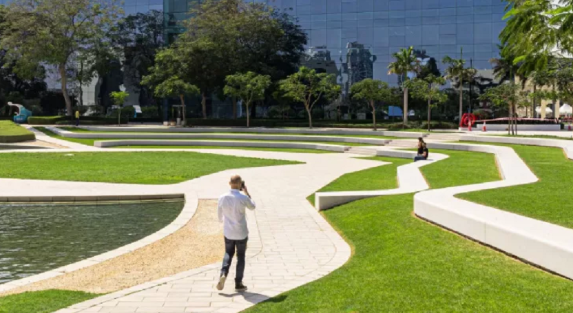
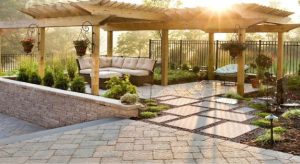
 .
.